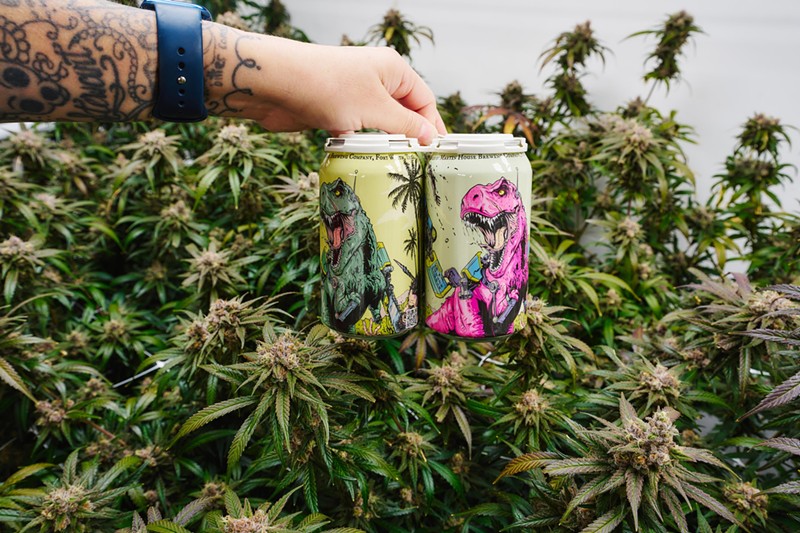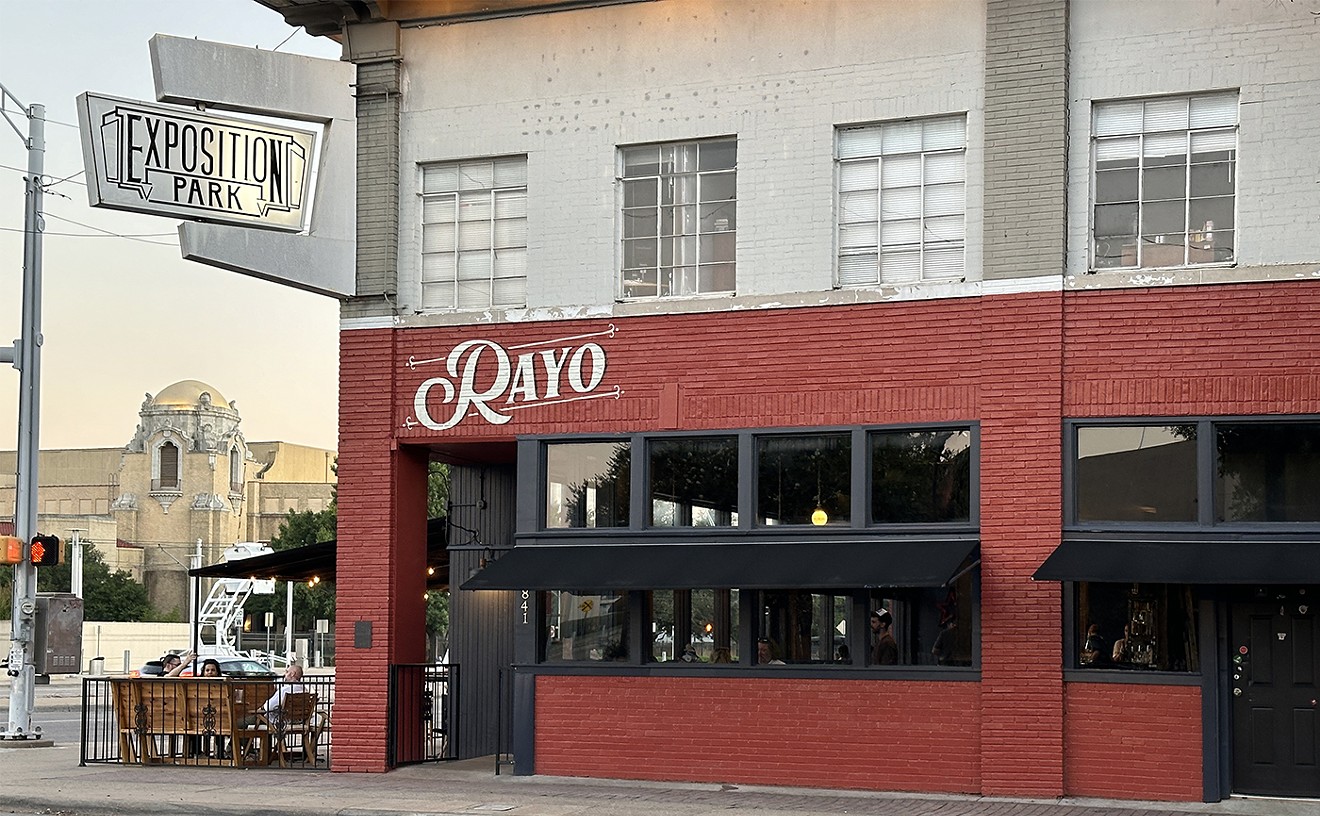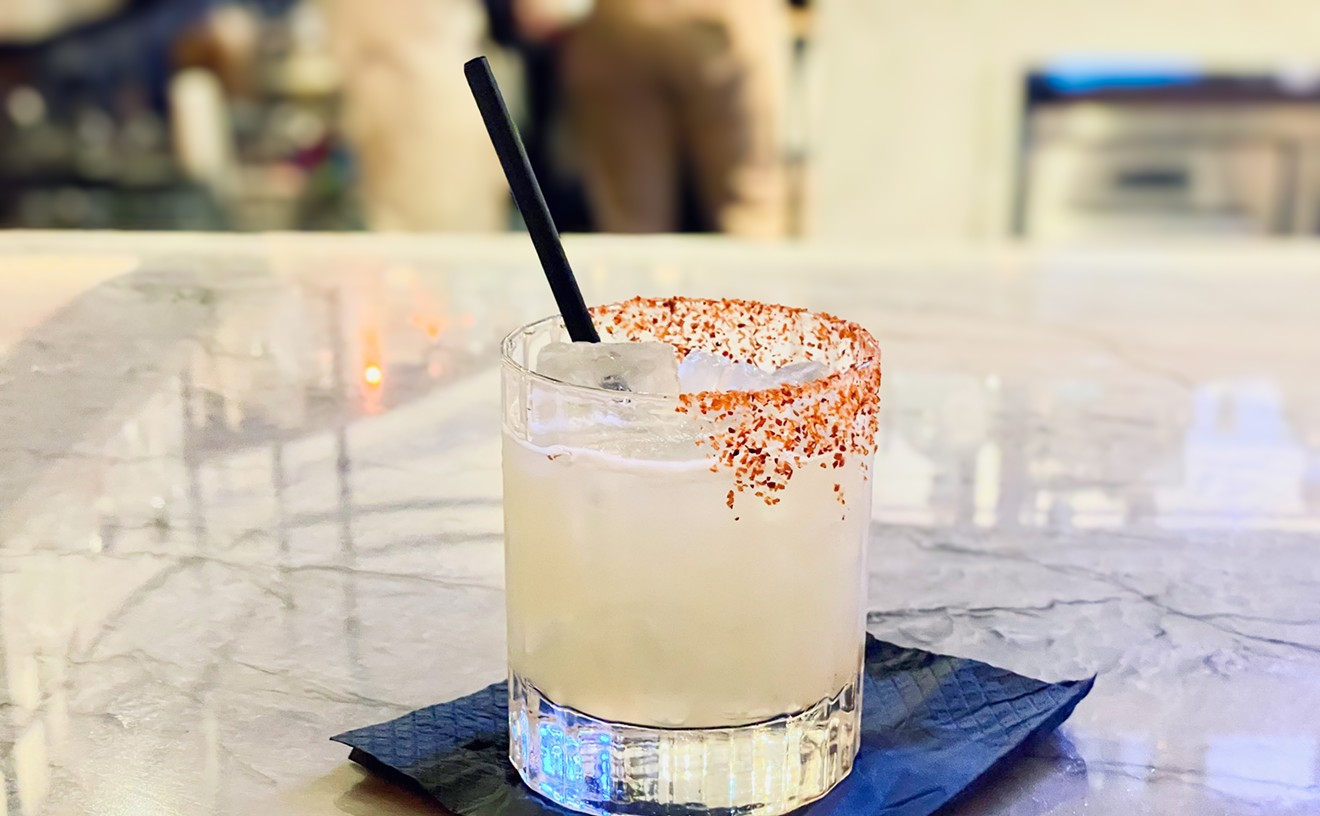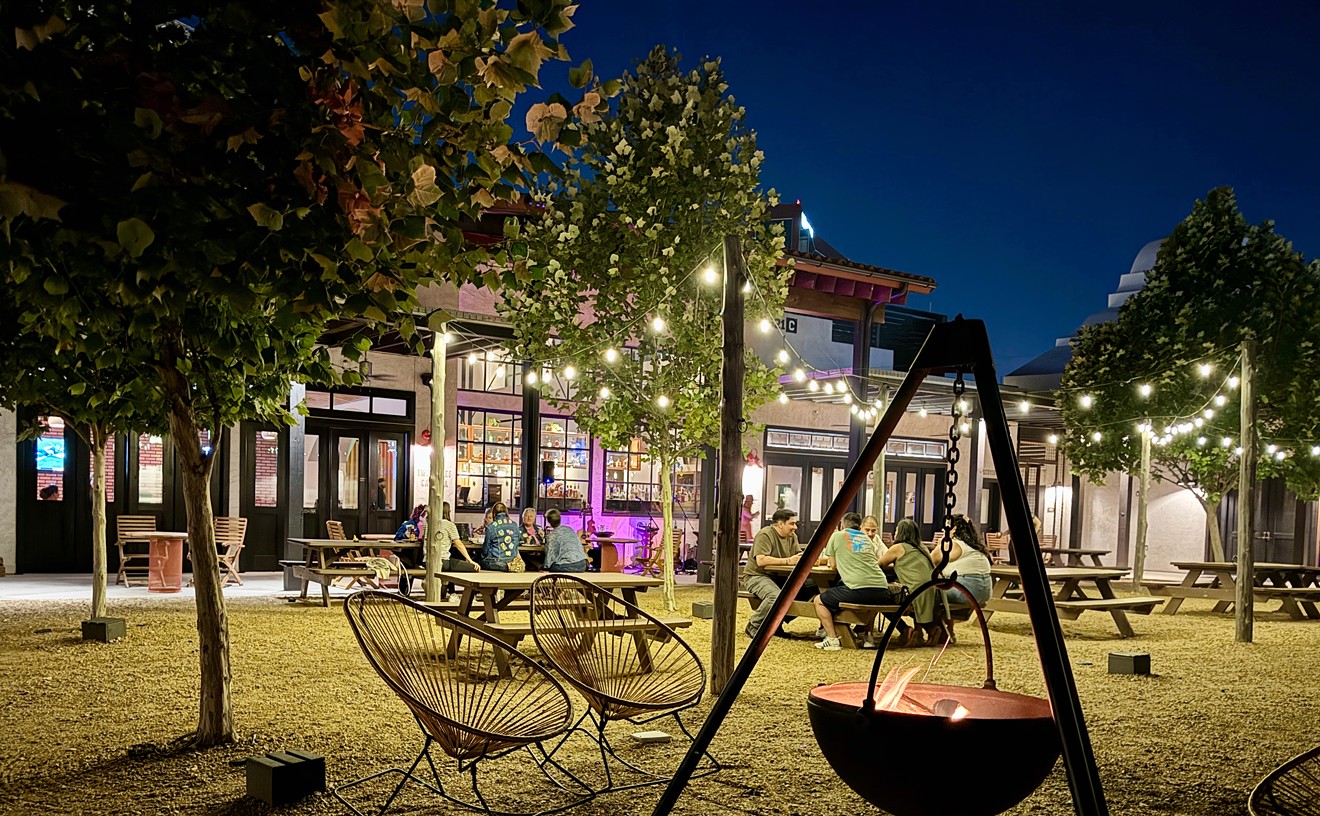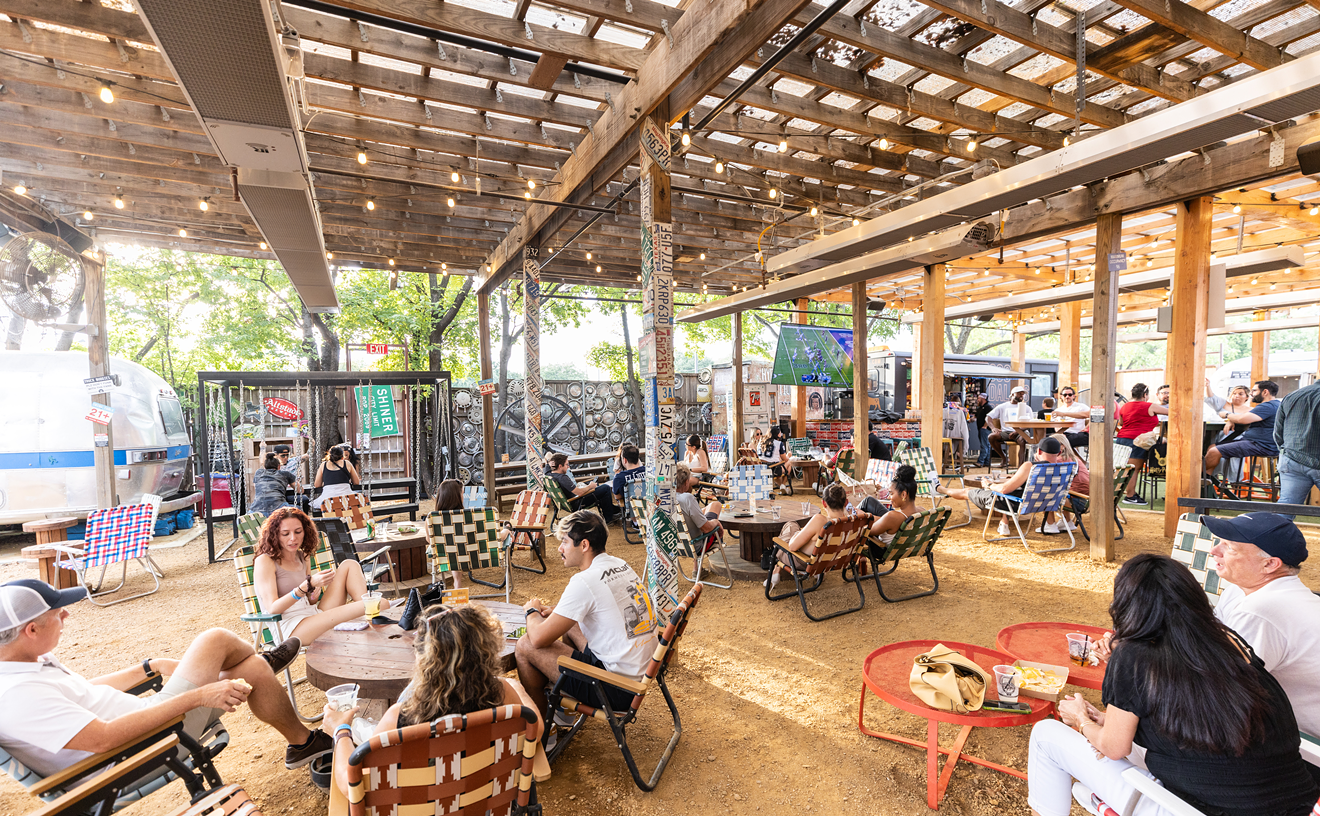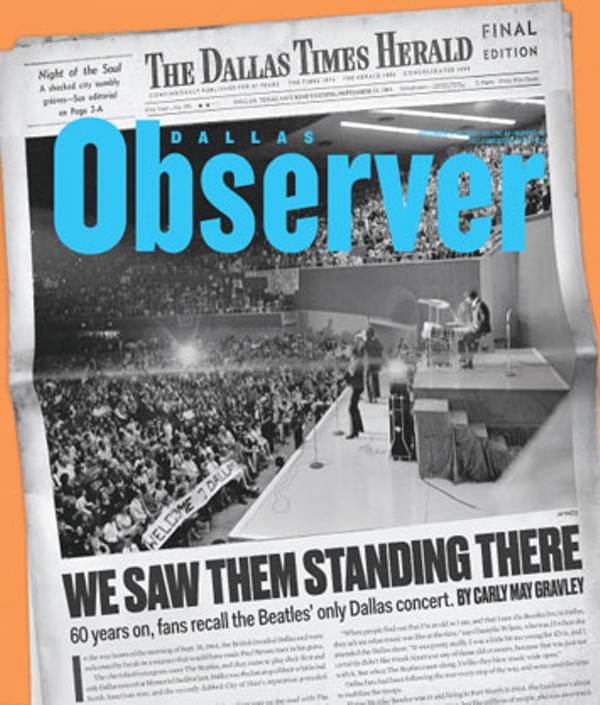Nestled in bold text among issues like noncitizen voting and homelessness is the phrase, “beverages with THC.”
In the statement, Patrick urges the State Affairs Committee to “evaluate Texas laws and regulations concerning THC beverage manufacturing and delivery” and “report on the current regulations and safeguards Texas may or may not have in place for drinks with any amount of THC.”
This isn’t Patrick’s first rodeo when it comes to taking on hemp products. His last round of interim charges recommended further regulations on delta-8 and delta-9. The distinct mention of beverages, however, zeroes in on a budding industry in North Texas with no specifics given as to what they mean by “regulations.”
Kevin Carr’s brewery, Community Beer Co., has a line of THC-infused soft drinks called CannaBliss. As someone with some stake in this game, Carr is surprisingly optimistic about the prospect of more regulations.
Or regulations at all, we should say. According to Carr, there are basically none at this time.
“There's some best practices that are being established,” Carr says. “The only requirement currently is that any hemp product producer, not just beverages, has to file with the state of Texas. There's a registration just to let them know what you're doing. But outside of that, there's nothing.”
In addition to registering with Health and Human Services, prospective sellers also have to undergo a background check, pay a $258 fee and prove that the product is safe for consumption. The barrier of entry is significantly lower than that of selling liquor, per TABC standards.
Colton Power, who owns the indoor hemp farm Power Biopharms and launched the delta-9 infused Power House seltzer earlier this year, claims that this is because the hemp-based product industry is growing faster than the government can keep up.
“There was very minimalistic language in the laws at both the federal and state level,” Power says. “They didn't address a lot of the things that are now present in the market because that's not necessarily what they saw coming or anticipated.”
Green Light
Carr hopes that Texas legislators will look to the Cannabis Beverage Association’s best practices for ideas on how to regulate THC drinks that are both business and consumer-friendly. These include serving size guidelines, properly listed ingredients and urging against claiming unfounded health benefits.Carr also believes that it should take two separate products to get cross-faded.
“We are currently big proponents that none of these products should also have alcohol in it,” says Carr. “We think it's best for the public for that to be a non-alcoholic product that you buy. Now, what consumers do after the fact is up to them.”
Power is concerned with capping dosages and making sure consumers are fully informed on what they’re drinking.
“One of the biggest battles in the industry is consumer education and knowledge,” he says. “There are plenty of people who know exactly what they're doing and are willing and interested in consuming 100 mg of THC in a single serving. But there's a ton of other people who maybe have just finally gotten the courage to try a hemp drug product and they have no idea what the appropriate dose is. If they eat 100 mg gummy or drink a 50 mg drink [...] they almost certainly are going to be scared away from other hemp products.”
Power also believes that current regulations on alcohol could provide an adequate framework.
“I don't think it would be out of the question to stipulate certain places that they can and can't be sold,” he says. “I'm not opposed to saying that they can't be sold within a certain distance of a school or a daycare or something.”
While these business owners embrace more regulations on THC beverages, they’re also aware of the possibility that the government may not have their best interests at heart. Due to the vague wording, their optimism is matched by anxiety over a potential all-out ban.
“It's already creating jobs,” Carr says. “It's already helping businesses grow, helping retail businesses grow. So that is a big fear, but I have to think that won’t happen as long as there are regulatory strongholds on the market, just to make sure everybody's operating aboveboard.”
“I think an outright ban is one of the worst things that could happen,” says Power. “I do think there's a possibility and probably an intention from lawmakers to pursue that, but I just really hope that they will listen to the industry and the consumers.”

